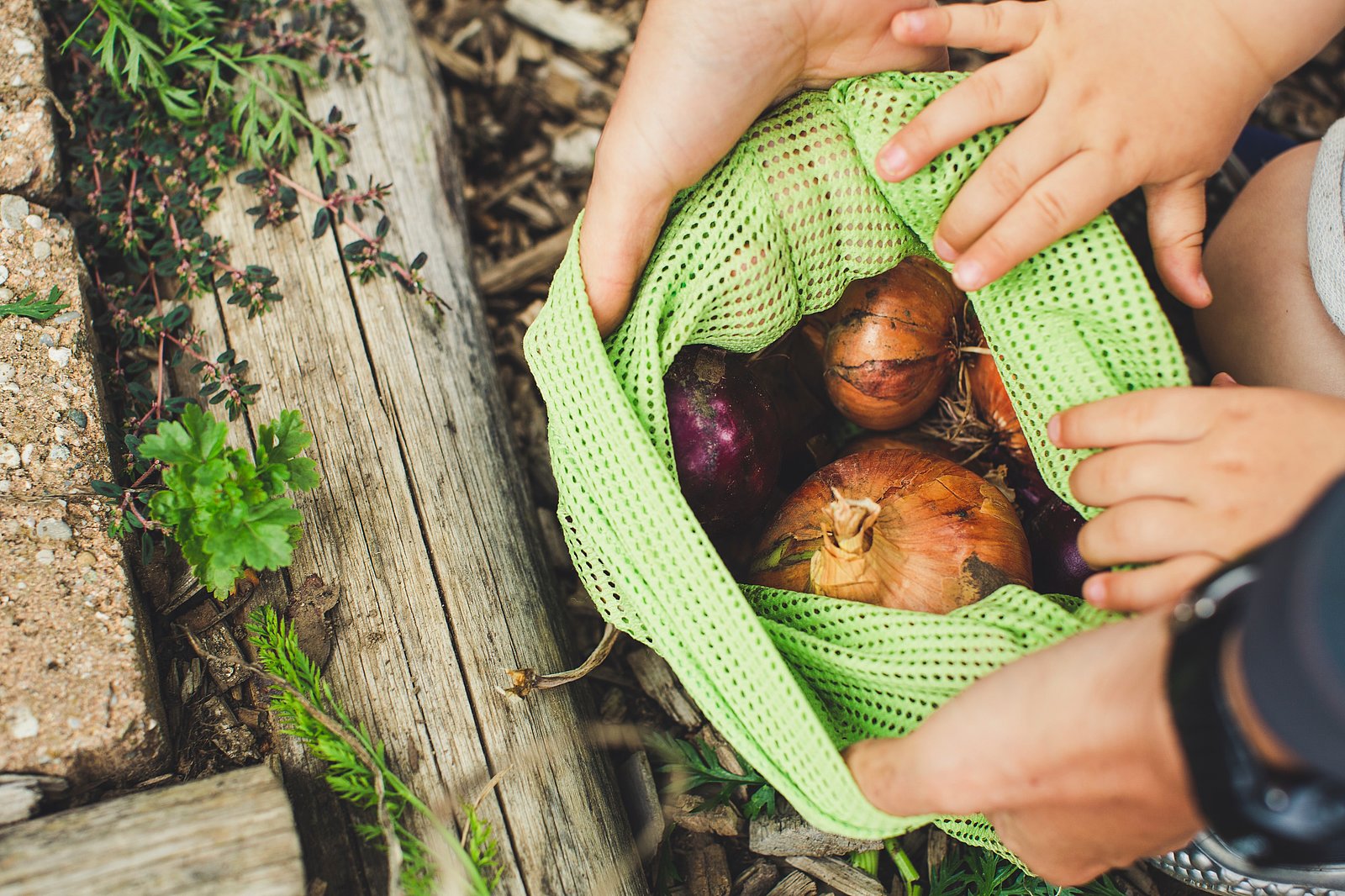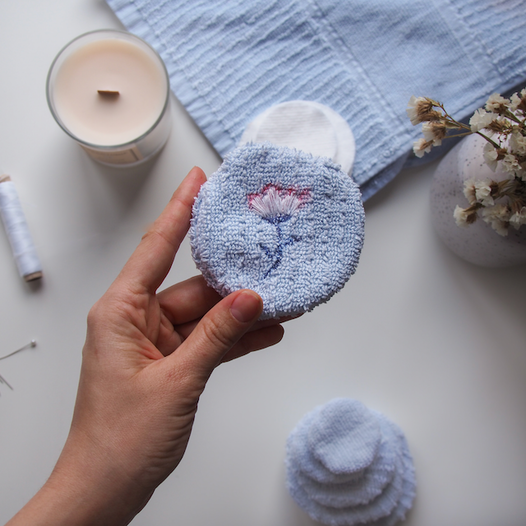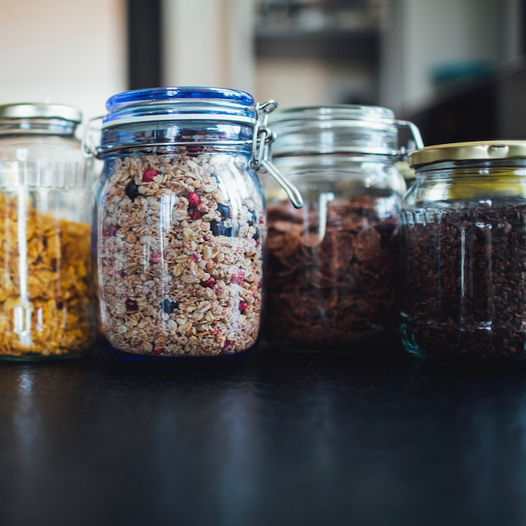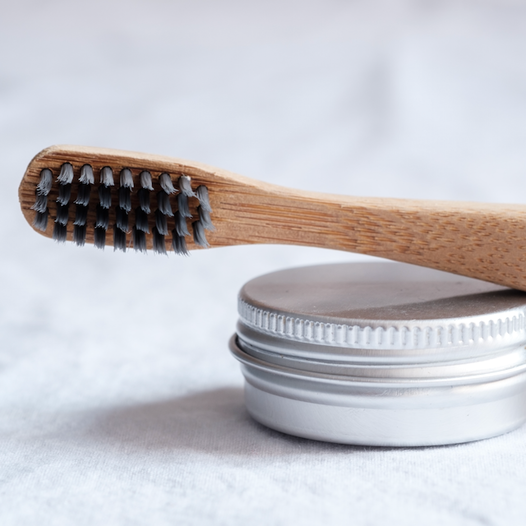Zero Waste Challenge
Overflowing landfills, polluted cities and plastic islands in the ocean - all this can be traced back to our increasing consumption and increased waste production. This makes rubbish a real threat to us, our environment and diverse ecosystems. As long as politicians don't act, we act - that's why this month we decided to take up the challenge together with you and reduce our waste with the Zero Waste Challenge and expand our creative horizons regarding plastic-free alternatives.
Are you in?
Madame Ecolo introduced the "5 R" concept at Finding Sustania last year. This is about applying the 5 concepts Refuse, Reduce, Reuse, Recycle and Rot in everyday life to avoid consumption and waste production.
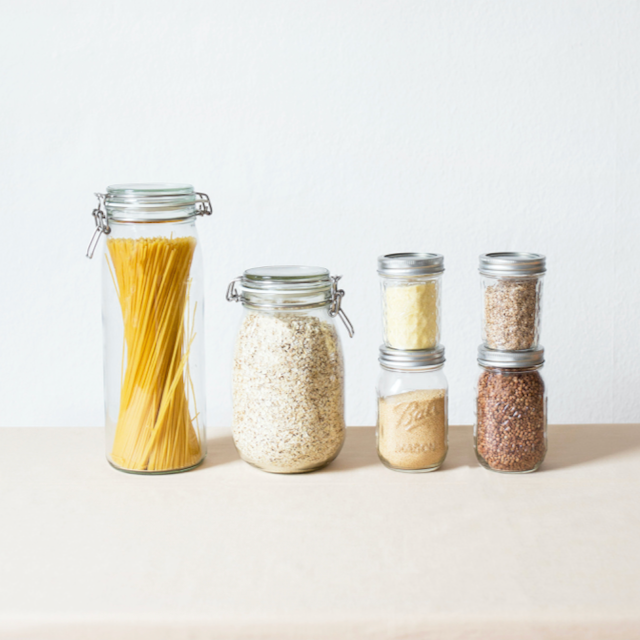
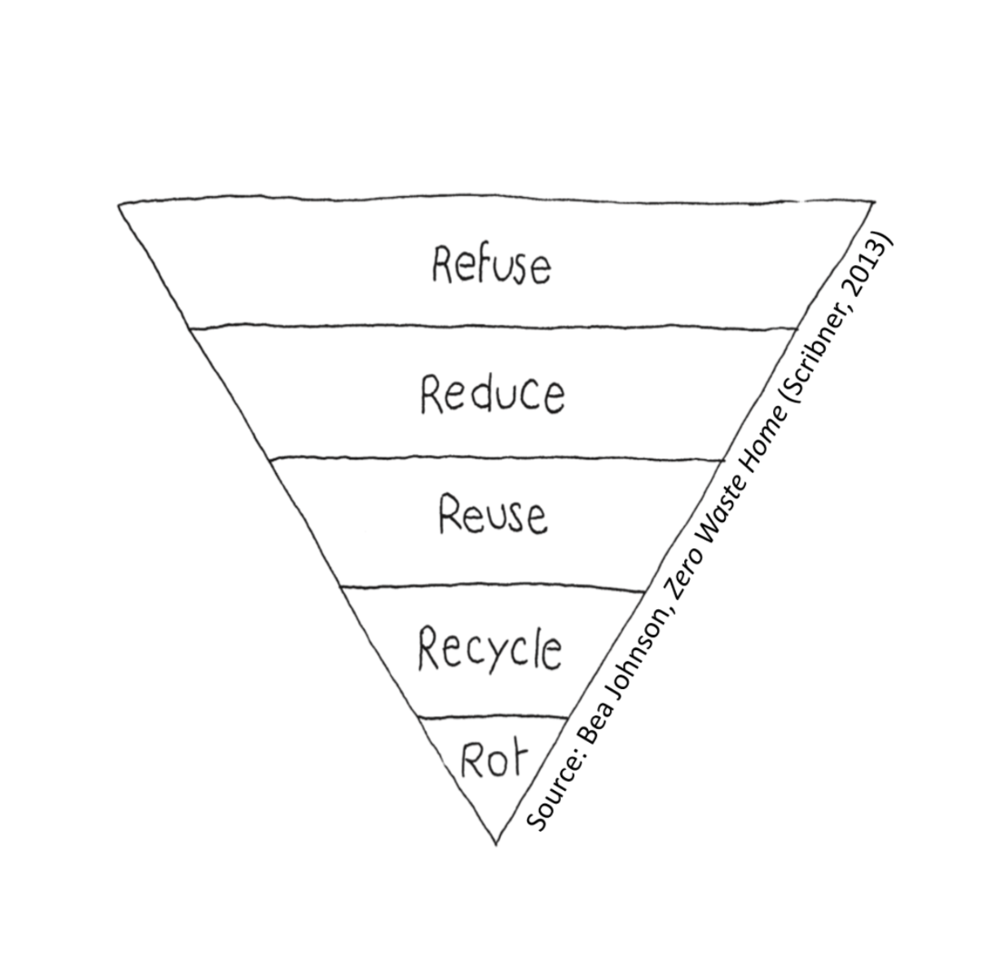
The 5 R's
Refuse is about not accepting unnecessary things in the first place and avoiding waste in advance. With a stack of pens and an overflowing drawer full of unused cosmetics at home, you might turn down that next free pen or moisturiser sample and use what you have instead.
The second R stands for Reduce. This is about reducing consumption to what is necessary: not driving so often, fewer coffee to-go's in between. Maybe you can copy the most important information from an email instead of printing the whole page? It can also be useful to plan meals better to reduce food waste. Another great way to reduce packaging is to shop at an unpackaged shop. There, you can easily fill food into containers that you have brought yourself. Here you can find a list of all unpacked shops in Germany.
Reuse refers to the idea of reusing and repairing things instead of buying them new. For example, the sandwich is better to take along in a tin than in a paper bag. With car sharing, a car is always available without having to own it. And household appliances are also easy to borrow, from private and professional providers. Have you ever darned your own socks or tried to fix the loose contact on your bike light yourself? How great would it be if we could all learn to take care of our things ourselves? Alternatively, so-called repair cafés can help. Why don't you find out if there are any in your area? There are people who know exactly what is wrong with your watch or coffee machine.
If waste cannot be avoided, we have to recycle as much of it as possible. And that can even be fun: There are many resources here to teach children about the topic in a playful way. And adults are sure to learn a thing or two in the process.
Finally, the last building block is rot, i.e. composting. If you don't have a garden or live in the city, you can use a worm bin, for example. You can even build one yourself quite easily.
Our top 5 tips for avoiding waste
Reusable drinking bottle instead of lugging and plastic
Always have your own e.g. cotton bag for spontaneous purchases
Reusable vegetable nets instead of plastic bags
Buy directly from local producers and bring packaging with you
Build a compost box
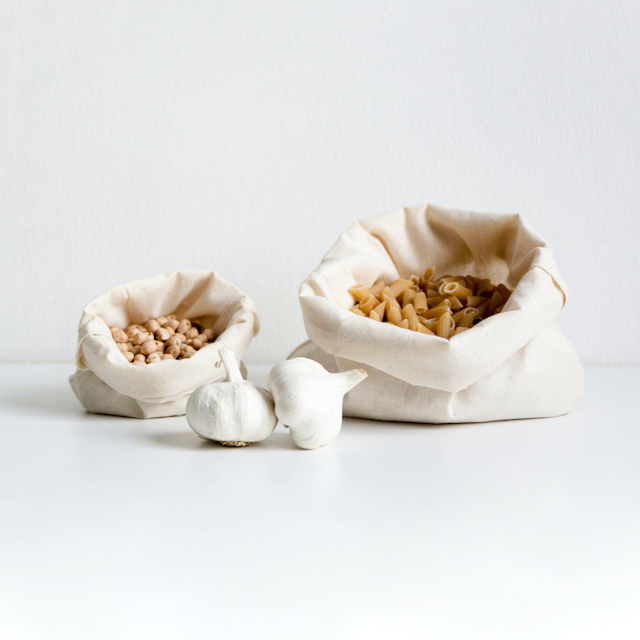
In this blog post you will find detailed instructions on how to reduce waste in many areas of everyday life so that you too can become a Zero Waste Hero!
Our challenge - We challenge you
Our audience is mixed - some of you have been sustainable for years, others are just starting to get involved. Therefore, we offer you two levels of our Zero Waste Challenge:
For beginners: Reduce single-use plastic for a month
Try bringing your own bags and nets to the supermarket for a month and avoid plastic in the fruit and vegetable section. The weekly market is also a great place to buy plastic-free fresh produce. You can also bring an old egg box to the local farmer to buy fresh eggs. Try new things for a month and remember: "We don't need a few perfect zero wasters, but millions of people who do their best - because every little gesture counts."
For professionals: 30 days plastic-free
For those of you who already buy their groceries almost plastic-free, we challenge you to go completely plastic-free for a month. I, Chiara, have already discovered that this is not so easy in my own 30-day challenge. This also means gradually replacing products in the bathroom and kitchen with sustainable products or even making them yourself.
You can make your own detergents, cleaning products and some cosmetics with just a few ingredients - which is good for your wallet, too. There is also a lot that can be done in the kitchen: Cling film, for example, can be replaced by beeswax wipes, and paper towels can be dispensed with completely.
One month of zero waste - sounds like an exhausting challenge at first, but in reality it's a great opportunity to rethink your consumption, to get creative and to simply save money.
This month will be the month in which we produce less waste than ever before, I bet.
Your Chiara, Dominika & Andrea
